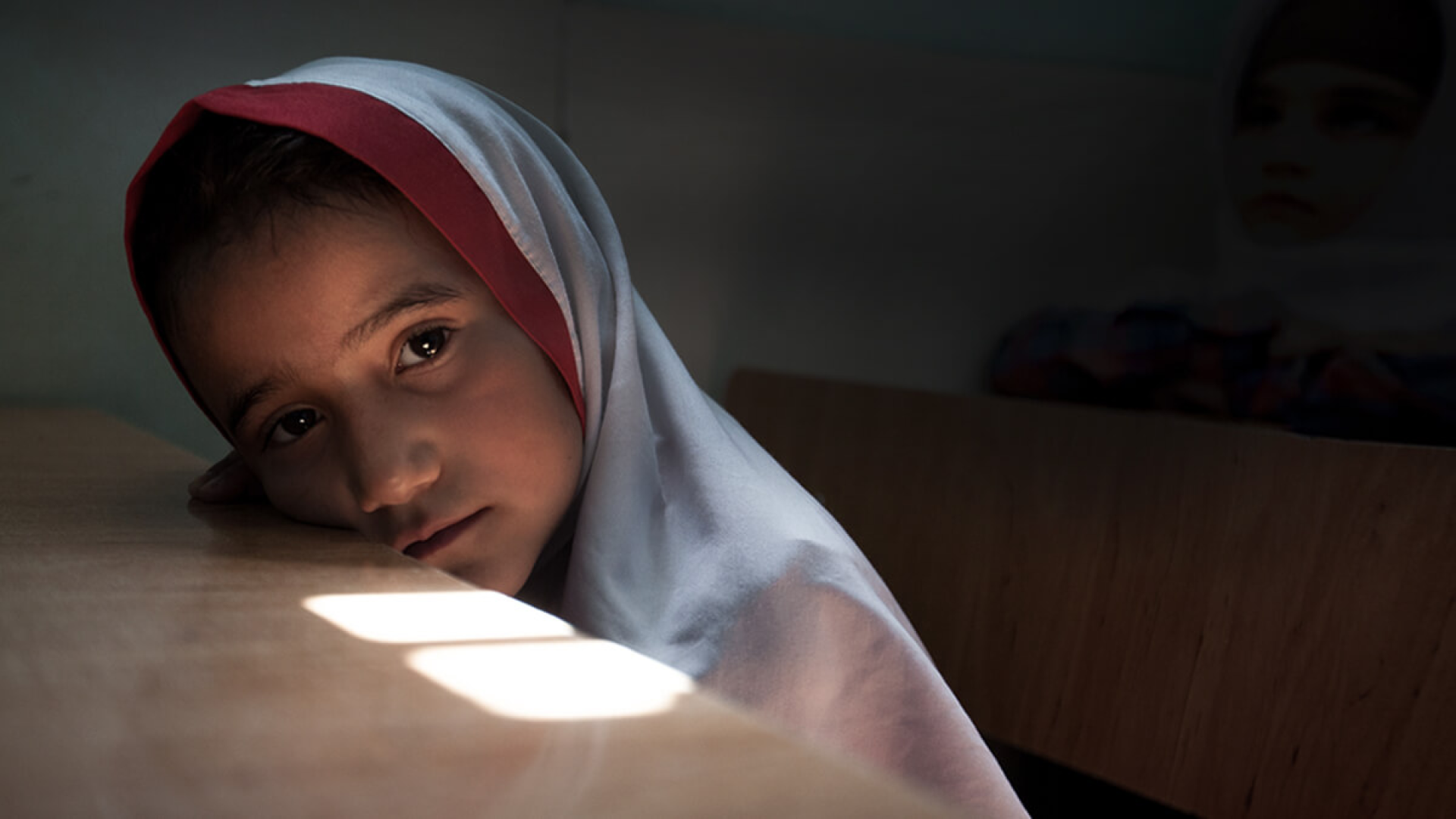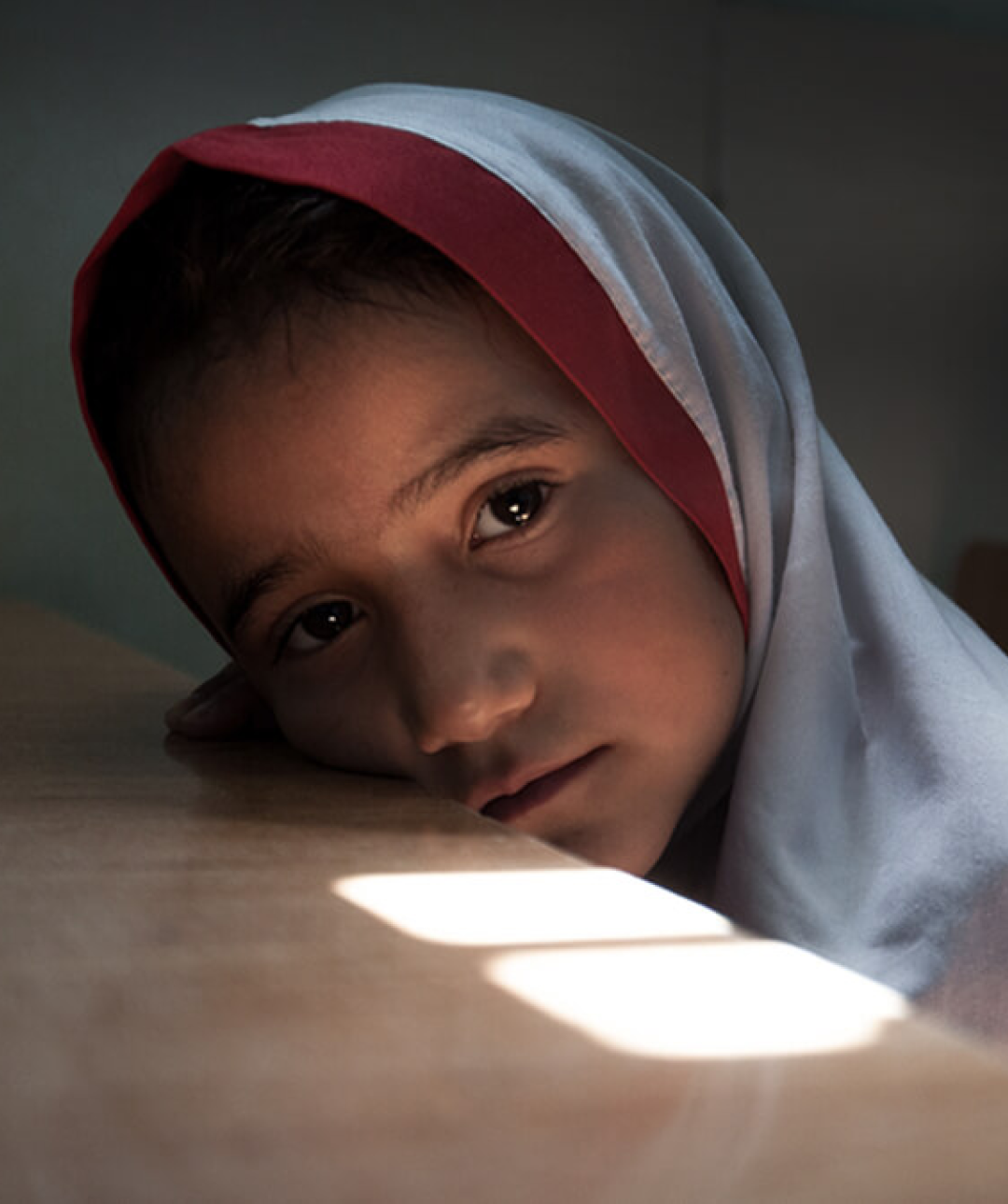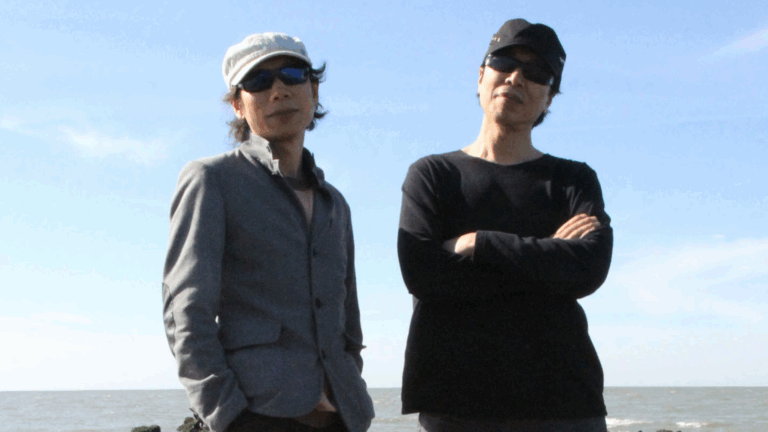By Tara Everton
The right to education — to learn, to be curious, to explore the past and present freely — is critical to the development of individuals, civil societies, and nations as a whole. A robust and fair education system transforms societies for the better. In fact, education and democracy are considered highly correlated and intertwined.
Today, Jan. 24, marks the International Day of Education. Established in 2018 by the United Nations General Assembly (UNGA), the International Day of Education recognizes and celebrates the right to education, as enshrined in the 1984 Universal Declaration of Human Rights (UDHR).
Nelson Mandela said: “Education is the most powerful weapon you can use to change the world.” So it’s no wonder authoritarian regimes block access to critical, nuanced, and basic education to the people living under their rule. And no nation better exhibits this, most unfortunately, than Afghanistan. The Taliban’s Afghanistan.
In Aug. 2021, soon after the United States withdrew its last troops, the Taliban, an Islamic fundamentalist group, swiftly reclaimed control of the country. Taliban leaders provided empty promises of a “modernized” rule and were quick to reinstitute archaic, patriarchal directives reminiscent of their previous reign in the 1990s.
Afghans have since seen their fundamental rights relentlessly ripped from them — the right to freedom of expression, freedom of assembly, freedom of religion, freedom of movement, and the right to education.
The Taliban instituted a de facto ban on girls’ secondary education soon after they rose to power. Hours before the start of the spring semester, on March 23, Afghanistan’s Ministry of Education announced that girls’ secondary schools would remain closed due to a “technical issue,” despite constant assurances in the months prior that both boys and girls would return to school.
Initially, the ban didn’t reach the university level, allowing women to return to public and private universities. But they returned to lecture halls that were unrecognizable due to new cruel limitations: gender segregation, strict dress codes, insufficient resources, and severe restrictions on in-class participation. Sure, women were able to enter through university doors, but their education was stripped of the freedom and fulfillment it once offered.
And then, to the horror of the international community, on Dec. 20, the Ministry of Education announced an indefinite ban on women’s higher education. All universities were directed “to implement the mentioned order of suspending education of females until further notice” in a letter issued by the ministry’s spokesperson, Neda Mohammad Nadeem.
Domestic and international outcry followed.
Former Oslo Freedom Forum (OFF) speaker and exiled Afghan activist, Zarifa Ghafari, tweeted that citizens should stand in solidarity with their “dear sisters:”







